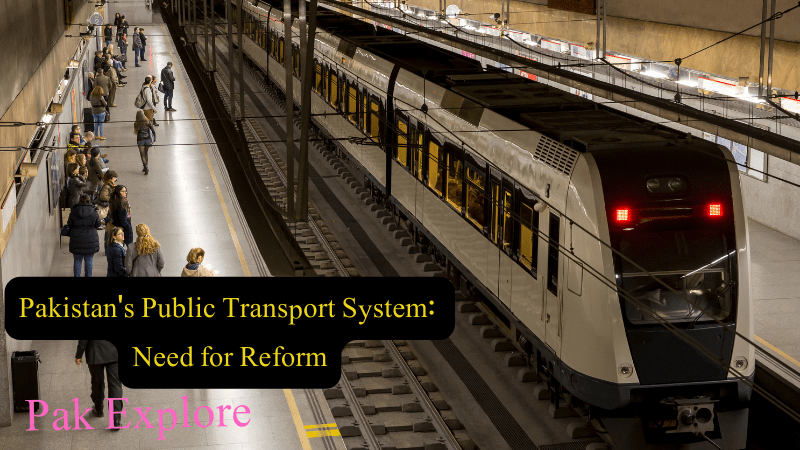Introduction
Pakistan’s public transport system, a vital part of the daily life of the country’s citizens, has long been in need of a radical overhaul. Various means of transport including buses, wagons, rickshaws, and trains are available in the country, but the system suffers from several problems including inadequate facilities, disorganized services, and slow development. Without reforms and modernization, this system is not only creating problems for the people but also having negative effects on the country’s economy and environment.
Table of Contents
Current system status
Pakistan’s public transport system, is mostly dependent on road transport. Buses, wagons, and rickshaws are the main means of transportation in major cities such as Karachi, Lahore, Islamabad, and Peshawar. However, the availability and quality of transport in these cities varies greatly. In many areas, passengers have to wait for hours while many vehicles are overcrowded, increasing the risk of accidents.
Issues and challenges
1.Lack of facilities
Many Pakistan’s public transport system vehicles are old and unsafe. Passengers often find that basic amenities like comfortable seats, airy environment, and hygiene rules are lacking in transport. Absence of adequate facilities, especially for the elderly, women, and persons with disabilities, further complicates the transport system.
2.Unorganized and informal transport
The transport system in most cities of Pakistan is largely unorganized and is mostly managed by private companies or individual drivers. These informal services lead to irregular transport fares, imbalance in the number of vehicles, and reduced quality of service. In addition, some transport sectors such as rickshaws and rickshaws, which lack safety measures, are operating informally.
3.Road congestion and traffic problems
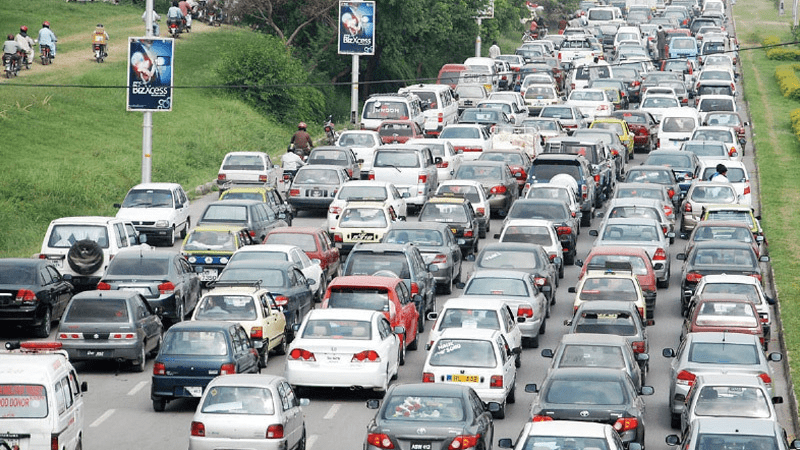
Traffic congestion in major cities of Pakistan is increasing day by day, making public transport more ineffective. Public transport slows down due to traffic jams and poor road conditions, resulting in citizens spending more time travelling.
4.Environmental effects
Their public transport system consists mostly of obsolete vehicles that emit a lot of smoke and cause environmental pollution. Air pollution has become a major problem, especially in cities like Karachi and Lahore, and the transport sector plays a major role. These vehicles lack modern emission control devices, causing adverse effects on the health of citizens.
5.Inefficient performance of the train system
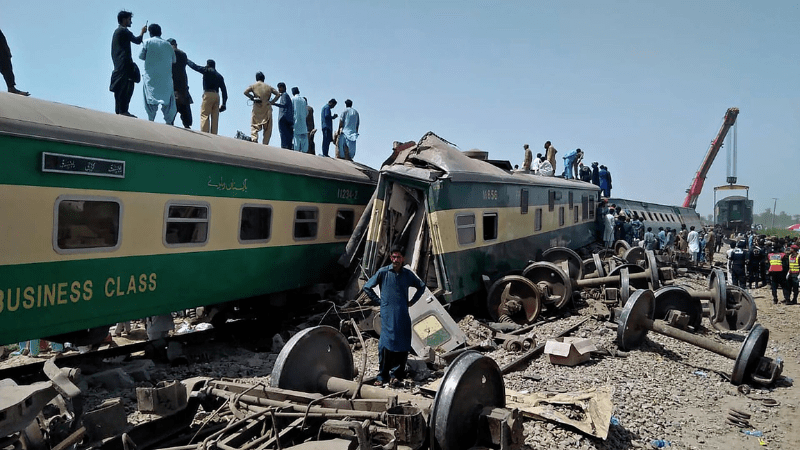
Pakistan’s railway system, once the country’s largest and most important transport service, is now in decline. People distrust trains because of old tracks, inefficient engines, and substandard service. Pakistan Railways is in dire need of modernization to make the system functional and effective again.
The need for reforms
1. Improvement of infrastructure
Building infrastructure and repairing the existing system is very important for the improvement of Pakistan’s public transport. Construction of new roads, repair of old roads, and establishment of dedicated lanes for buses will help reduce road congestion and increase the speed of transport. Apart from this, it is also important to provide modern facilities to the bus stops and train stations to provide a more comfortable and safe journey to the passengers. Pakistan’s transport infrastructure is expanding rapidly, with new roads, highways, and metro systems improving connectivity across the country.
2.Introduction of modern bus services
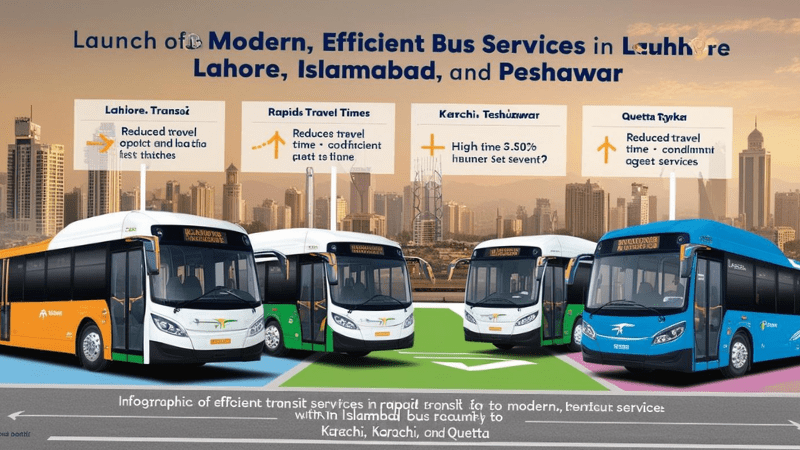
Launch of metro bus and rapid bus services in Lahore, Islamabad, and Peshawar is a successful initiative. These services have provided quality, fast, and reliable transportation to the people. Such modern and efficient bus systems should also be introduced in other big cities like Karachi and Quetta to provide better travel facilities to the people. Pakistan’s public transport system is evolving, with bus and metro systems in Pakistan playing a crucial role in providing affordable and efficient commuting options
3.Promotion of environment friendly transport
The use of electric buses and low-emission vehicles should be promoted to make the Pakistan’s transport system environment-friendly. The government and the private sector need to come up with initiatives to reduce the carbon footprint of vehicles and reduce air pollution in cities.
4.Use of technology
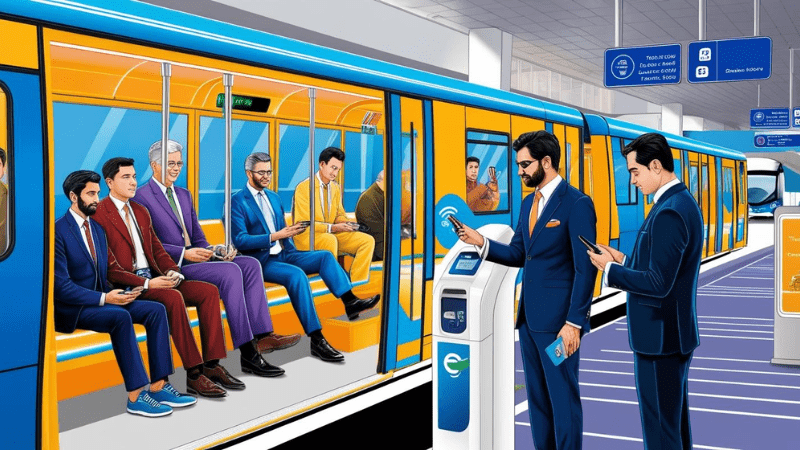
The use of modern technology can improve the transport system of Pakistan. Mobile applications can provide passengers with live updates of buses and trains so that they can manage their journeys better. Also, payment of fares can be simplified by introducing e-ticketing systems.
5.Maintenance of train system
Reforms at the government level are necessary to reactivate and modernize the Way. Railway systems can be made more efficient by repairing trains, replacing tracks, and providing modern locomotives. Apart from this, it is also important to provide quality services to the passengers so that they start using the trains again.
The result
Pakistan’s public transport system is important for the convenience of the people, but the system is currently facing many challenges. Without fundamental reform and modernization, the system is having negative effects on the country’s economy, public health, and the environment. The government should pay special attention to this sector and take necessary steps to provide quality, safe, and environment-friendly travel facilities to the public. An effective public transport system will not only reduce the hardships of the people but will also contribute to the development of the country.
۔۔۔۔۔۔۔۔۔۔۔۔۔۔۔۔۔۔۔۔۔۔۔۔۔۔۔۔۔۔۔۔۔۔۔۔۔۔۔۔۔۔۔۔۔۔۔۔۔۔۔
You may also like
